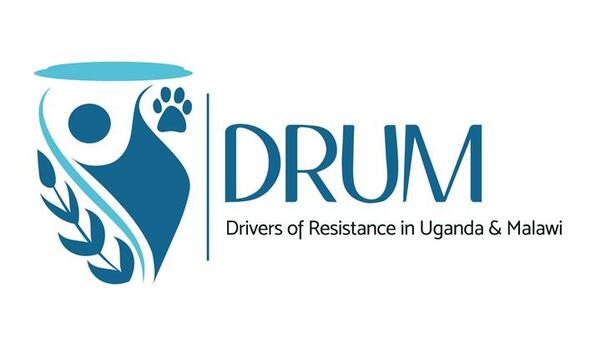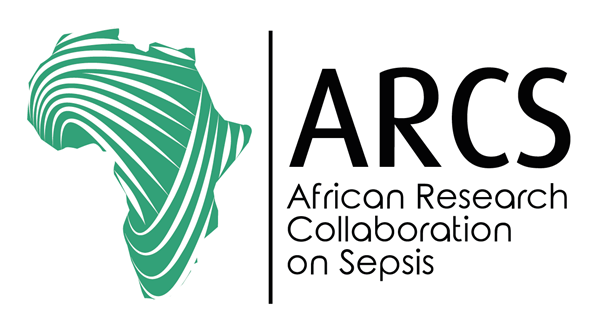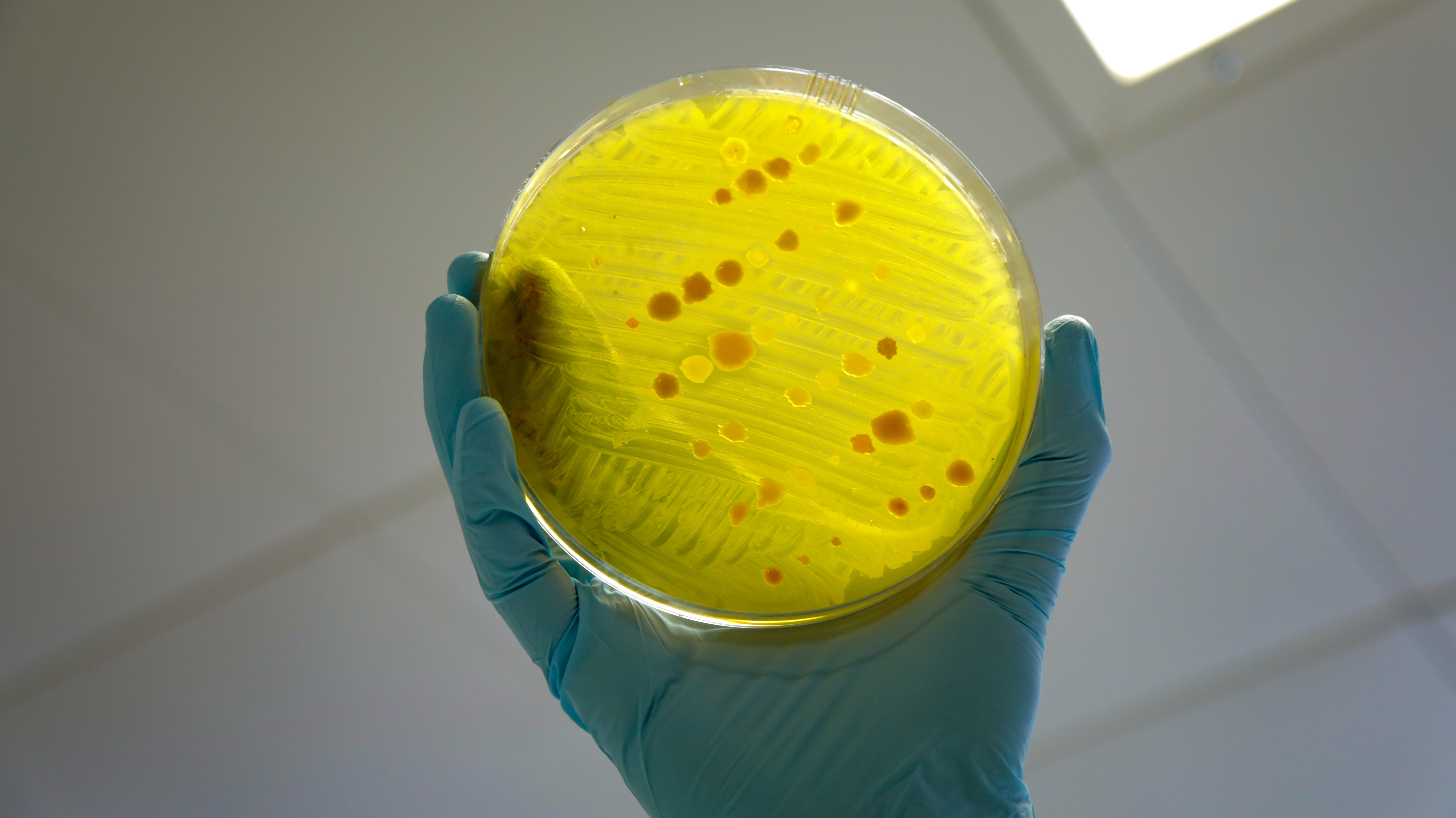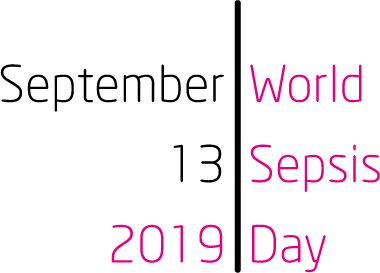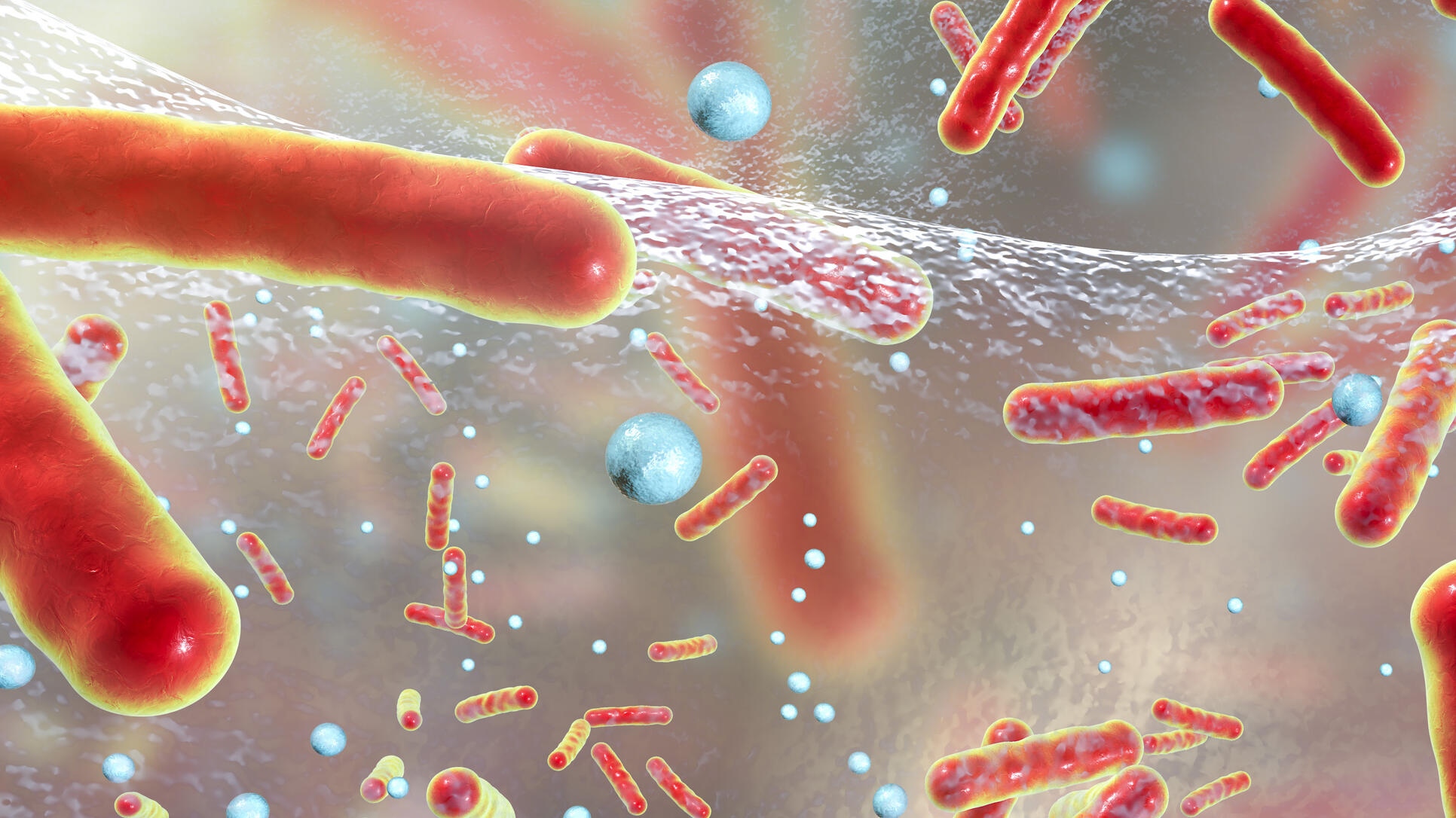
LSTM scientists highlight the dangers of antibiotic resistance in support of European Antibiotic Awareness Day (EAAD) and World Antibiotic Awareness Week (WAAW) 2019

#EAAD, #AntibioticResistance, #Antibiotics, #KeepAntibioticsWorking, #EAAD2019, #WAAW, #WAAW19, #AMR
World Antibiotic Awareness Week, organised by the World Health Organisation aims to increase global awareness of antibiotic resistance and to encourage best practices among the general public, health workers and policymakers to avoid the further emergence and spread of antibiotic resistance.
Antibiotics are compounds (natural or synthetic) which we use to treat disease in humans, animals and plants. They have been transformational in our ability to treat infectious disease and now underpin much of modern medicine (for example through their use before and after some surgery, transplants, chemotherapy and birth). They also underpin much of our food security (both as treatments and as growth promoters) as animals and plants are produced more intensively to feed the growing global population.
However persistent reliance on the same antibiotics, plus large-scale overuse and misuse of antibiotics, in human and animal health have encouraged the emergence and spread of antibiotic resistance which occurs when bacteria become resistant to the drugs used to treat them.
Antibiotic resistance occurs when bacteria undergo a mutation in their DNA or acquire DNA which enables them to resist the effects of the antibiotics. Much of the clinically important antibiotic resistance can transfer from one bacterium to another on pieces of DNA called mobile genetic elements making controlling them extremely difficult.
The reason we keep using the same antibiotics is because we are not replacing the ones becoming less useful due to resistance with new ones. It is extremely difficult to bring a new antibiotic to market it requires millions of pounds of funding and must clear many safety hurdles (clinical trials) before it can be used in medicine. In addition, we need antibiotics which have new targets so they don't fall foul of the resistance mechanisms that bacteria already have.
LSTM was among the first institutions in the world to recognise the importance of studying and understanding the phenomenon of resistance and has developed a multidisciplinary approach involving the entire research continuum from bench, to patient through to health systems involving cross-disciplinary teams working between laboratory scientists, engineers, mathematical modellers, clinicians, and social scientists.
We have a multimillion-pound research portfolio on antibiotic resistance ranging from the evolutionary and molecular biology of resistant bacteria to genomic and microbiological epidemiology and surveillance at local, national and international scales, stewardship, social science, policy implementation, and capability and capacity strengthening in many countries throughout the world.
To coincide with WAAW we are launching a new website for our DRUM project.
DRUM (Drivers of Resistance in Uganda and Malawi) works collaboratively within Uganda and Malawi to identify and understand the key drivers of resistance in these countries.
The DRUM Consortium will address how human behaviour and antibacterial usage in the home, around animals and in the wider environment in urban and rural areas of Uganda and Malawi contributes to the spread of antibiotic resistance in bacteria.
Our AMR researchers

Some more related projects at LSTM

Co-ordinated by LSTM's Dr Adam Roberts, NEAR-AMR, represents a group of experts within multiple disciplines associated with antimicrobial resistance. Expertise includes clinical, pharmacy, veterinary, environmental microbiology, epidemiology, molecular biology and evolution, encompassing a One Health approach to AMR, from leading institutions located throughout Europe and Africa.
Swab & Send
Join us in the search for new antibiotics
Swab and Send is a citizen science and crowdfunding initiative based at LSTM aimed at spreading the word of how important it is to find new antibiotics. Find out more and how you can join the fight against microbial resistance. and how you can join the fight against microbial resistance.
The African Research Collaboration on Sepsis: ARCS
ARCS is an LSTM led programe which aims to improve the survival and quality of life of sepsis patients using relevant innovations at the individual and health system level, through multidisciplinary applied health research. Running from 2018 to 2021, ARCS operates within three African countries, Malawi, Gabon and Uganda. ARCS brings together African and UK expertise across the applied health spectrum to tackle sepsis, learning from the UK’s experience in reducing sepsis mortality.
Some of our achievements in the last 12 months

Antimicrobial properties of snake venoms
Alice Fraser from the department of Tropical Disease Biology featured on BBC Radio Merseyside's SciFri feature this month talking about her work exploring the antimicrobial properties of snake venoms.
You can listen to the feature here.
